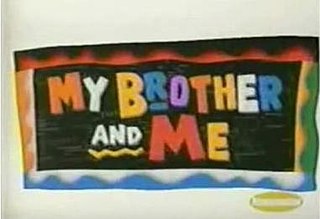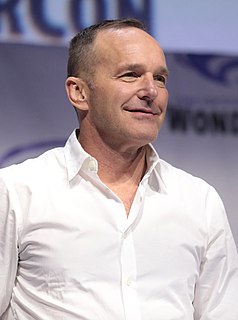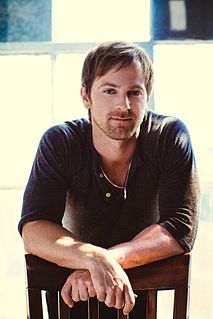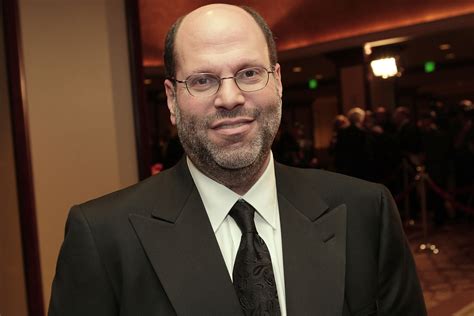A Quote by Michael Hirst
With 'The Tudors,' I had a huge amount of material, I mean so many books and so much stuff about what they really said. So, in a way it was kind of trying to strip it out and find the stories inside all this material.
Related Quotes
My writing is of a very different kind from anything I've heard about. All this mythological material is out there, a big gathering of stuff, and I have been reading it for some forty- or fifty-odd years. There are various ways of handling that. The most common is to put the material together and publish a scholarly book about it. But when I'm writing, I try to get a sense of an experiential relationship to the material. In fact, I can't write unless that happens ... I don't write unless the stuff is really working on me, and my selection of material depends on what works.
But what I've also really liked about it is that it not only has Marvel set about... if they just were slavishly trying to bring the comic books to life, literally, I don't the movies would work, because it's different to see something on screen in three dimensions with actors, and they kind of, I believe, are constantly trying to find a way to absolutely respect the source material and at the same time, transform it into something that works and that you believe on screen.
I always think about the books I'm doing in pretty much the same way. I'm simply trying to write that particular novel as well as that particular novel can be written. I want to listen to what it is telling me, trying to figure out what it wants to do as much as what I want to do with it. There's a negotiation that's constant and ongoing between me and the material I'm working with, because I'm trying to listen to it.
I had this thing where I only wanted to work on original material, no adaptations, and obviously, that changed. I really wanted to have the resources and have the space and the time to tell stories that I've really cared about. I've kind of changed my approach, but I've gotten to do that, to tell stories that I really care about.
Even my wife and two of my children are in "Leaves of Grass". Because I love the source material so much, it was really easy to write and an utter delight to get to direct because I had people like Edward [Norton] elevating the material and surprising me in their interpretations of all of this stuff that's so close to me.
I really need to know where I'm going with fiction to write it in a way that at least I'm happy with. And I really think that a lot of fiction books end badly because terrific writers said, "I'll just figure it out" and plunge in, but have created so many problems that they are kind of impossible to solve. I mean, I'm talking really good writers do this and you can tell when they got to the end they either had to do something preposterous or they just don't really resolve things. So for fiction I spend a lot more time outlining and for humor I really don't do much of it.
I've always been outspoken about the fact that I have no care for material things. I'm not going to post a picture of being inside a fancy jet. It doesn't mean anything to me. But I find it funny that - in an organic way - sometimes I find myself in this room with these wealthy businessmen drinking thousand dollar bottles of wine because of where I've gotten in my career.






































